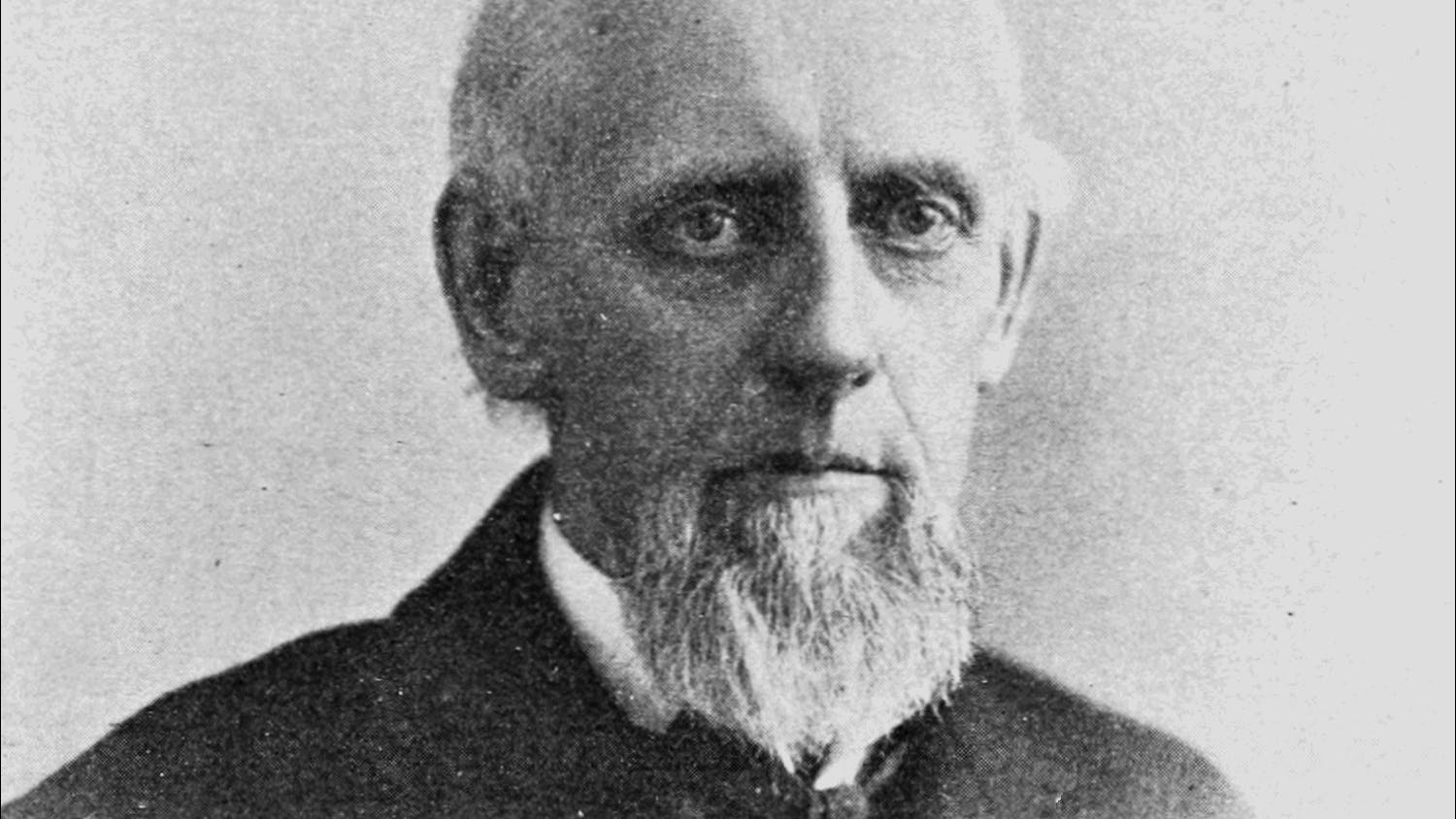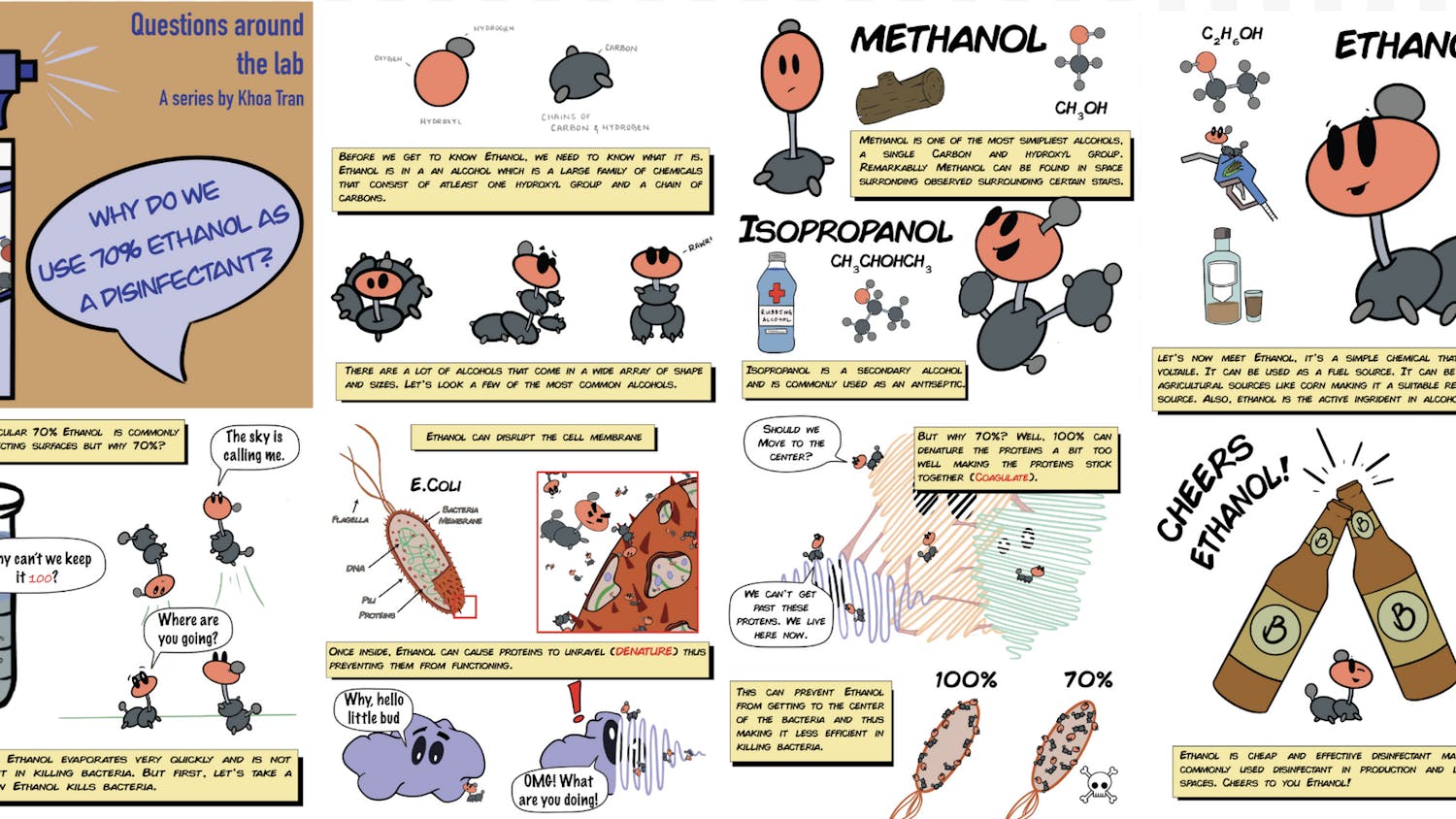Professor Shelly Peyton will be joining the Tufts Department of Biomedical Engineering in July. The department was founded in 2002 and chaired by Professor David Kaplan. Kaplan stepped down in 2022, and Professor Sergio Fantini has served as the interim chair over the past two years until Peyton takes over. Recently, I was able to sit down and interview her about her background and her plans as the new chair.
Peyton is currently a chemical engineering professor at the University of Massachusetts Amherst, where she has been working since 2011. Despite her degrees being in chemical engineering, Peyton assures that her “work is squarely biomedical engineering.”
The Peyton Lab designs new materials to grow cells in — a field called tissue engineering. They use these materials to understand how the environment surrounding cells influences cell growth and how diseases develop and progress. Peyton is especially focused on researching cancer from this material perspective, which can provide new insight into why cancer spreads to certain locations in the body. As she put it, she studies “what about the brain environment is really hospitable for breast cancer cells to grow, but [what about] the kidney environment is not.” The biomedical engineering department has a strong tissue engineering emphasis, so Peyton’s research and chemical engineering background fit well into the department.
When I asked Peyton about her plans as department chair, she started by saying that she is not trying to make major changes since practices that worked at UMass might not work at Tufts because the schools are so different. UMass Amherst has an enrollment of over 28,000 students, in comparison to Tufts, which has about half of that number.
The changes to the department that Peyton will oversee are dictated by the current faculty. The first plan Peyton mentioned was to expand the department which currently has eight full-time professors. The department has strengths in tissue engineering, biomaterials (substances created to interact with the body for medical purposes) and optics (using light for medical imaging, diagnosis, therapy and research). They are trying to keep these research focuses strong and hire new faculty that can cross these boundaries — faculty such as Peyton, whose research incorporates both biomaterials and tissue engineering.
Logistically, expanding the department is quite a complicated issue, but Peyton is prepared to tackle this challenge. The biomedical engineering department is based out of the Science and Technology Center, an older building on the other side of the train tracks from 574 Boston Ave. The Peyton Lab, among others, has been moving into the Science and Technology Center, but finding lab space for these potential new faculty has been a challenge. To make this happen, Peyton discussed getting creative with fundraising from inside and outside the university.
Peyton also plans to improve connections between Tufts alumni, making it easier for alumni with similar interests or in similar areas to connect and network. She wants to grow the Tufts network outside of just the connections students make while being enrolled.
“I think that there also is a want to connect more with our alumni, because I think people that leave Tufts are really proud of the education that they got here. … I want to keep those threads connected,” she said.
Finally, Peyton has a history of advocating for more diversity in academia, which she will bring to the department. She has worked with BME UNITE — Underrepresented Needs in Technology and Engineering — to publish a paper on equitable hiring practices, and she hopes to apply these findings as the department plans to hire new faculty. “[I want to make] sure that we’re growing the number of faculty that represent the students that come to Tufts as well,” she said.
Outside of these department-wide changes, Peyton has programs in her lab that will be moving to Tufts with her. The Peyton Lab runs a summer program for high schoolers called “Engineering the Cell.” The program supports rising juniors from underrepresented racial and ethnic groups recommended by their guidance counselors or science teachers. In the Peyton Lab, these students learn about different aspects of research each week, learning all about cell culture, biomaterials, 3D printing and chemical synthesis.
The summer program is clearly very meaningful to Peyton. She is proud of the way this program has shaped the lives of many of the students, saying that all the previous students have “gone to college, which is awesome, and many of them were on the fence about whether they wanted to do higher education or not.” In previous years, the program recruited from the Springfield and Holyoke areas, but since the Peyton Lab is moving to Tufts, they will start recruiting in the Boston schools.
We ended the interview with her asking me about my experience in the BME department for the last four years. She was very interested in what went well in addition to any improvements that she could implement. “I want to see change,” she said.






